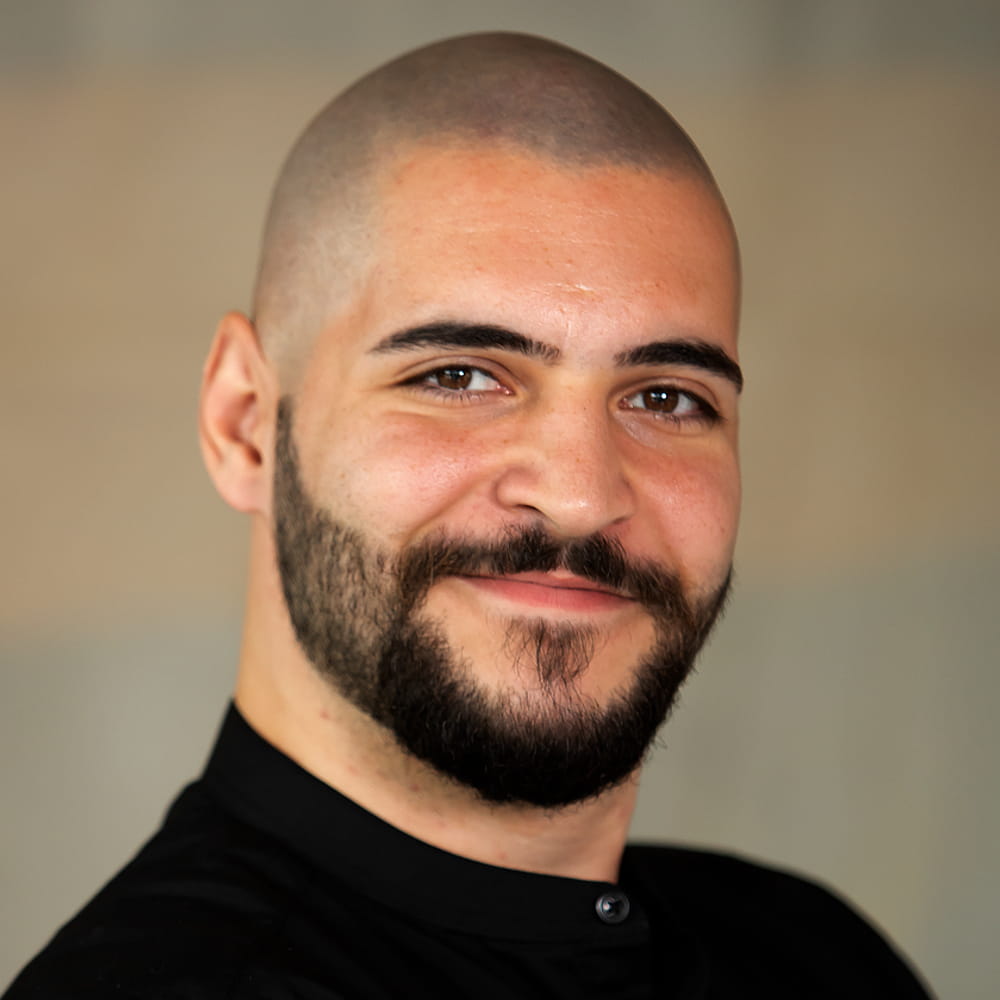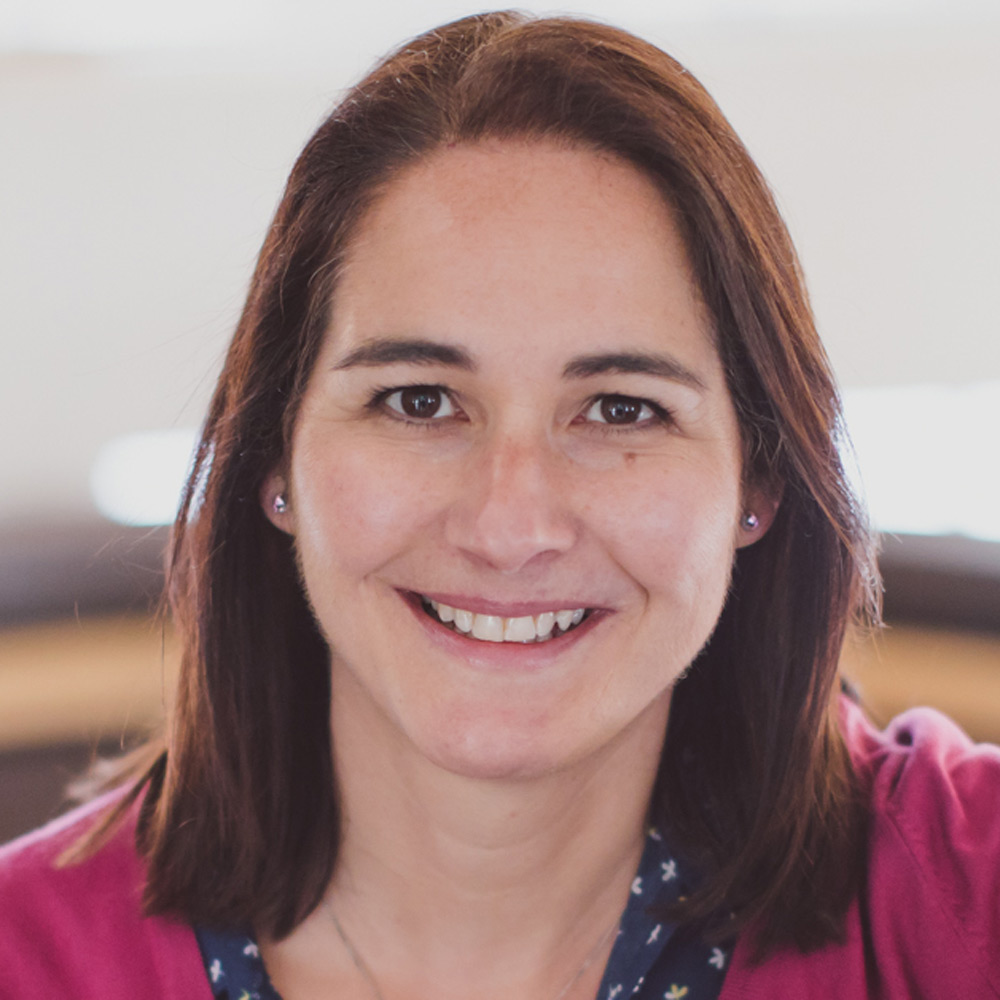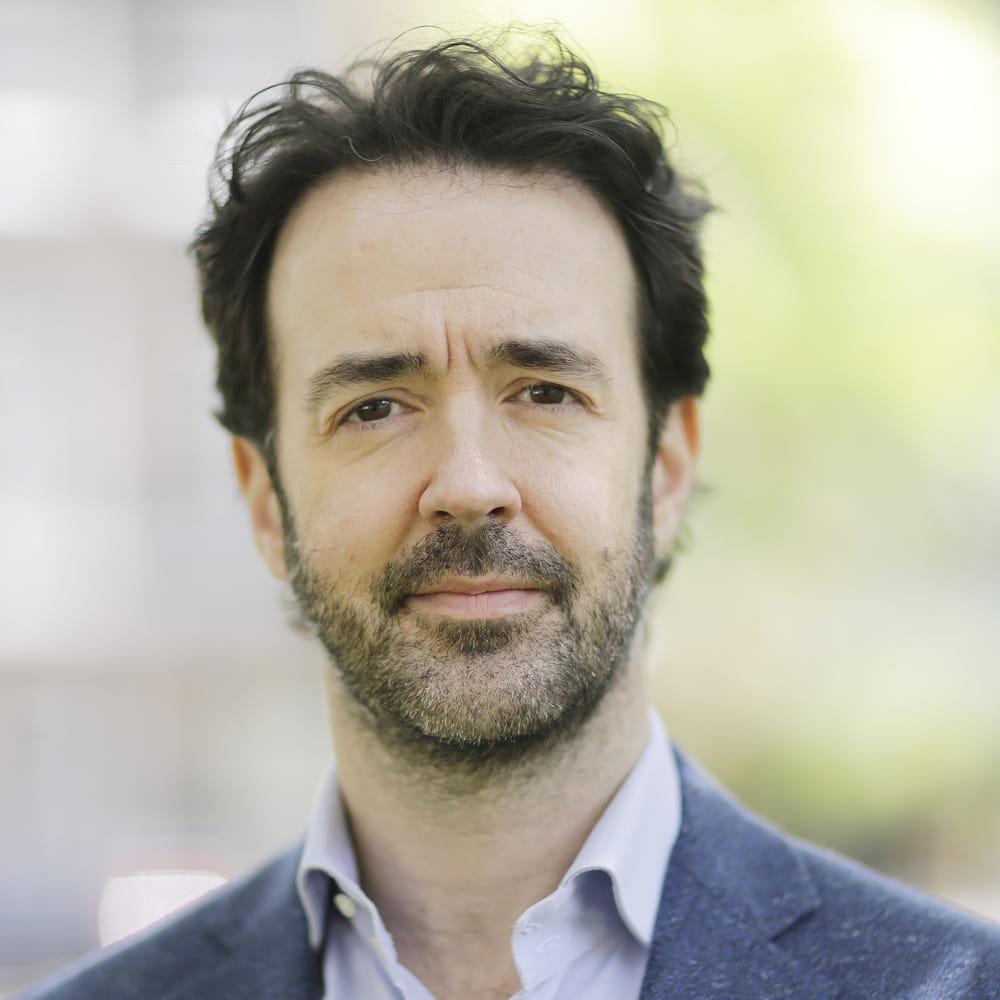LGBTQ+ History Month: A chat with Stefan Pintilie
.jpg?mh=1000&mw=1000&hash=8EA2DBFCDE24F2E3B553A63E55072FA2)
Stefan Pintilie is the Chair of our LGBTQ+ Staff Forum. This LGBTQ+ History Month, he shares his experiences and hopes with Monica Illsley, our LGBTQ+ Inclusion Champion, and Professor Chris Greer, our Inclusion Champion for Trans, non-binary and gender non-conforming people.
What’s your experience of being a member of the LGBTQ+ community at Essex, Stefan?
My experience has been genuinely positive. The University has fostered an inclusive and welcoming environment, where diversity is not just accepted but also celebrated by people. Essex has demonstrated a commendable commitment to diversity and inclusion, which is reflected in its policies and through the approach people have towards LGBTQ+ learning and education. Since I’ve been here, I've witnessed significant steps in creating an inclusive professional environment.
Is there anything you would like to see improve or work better?
While there's much to commend, there's always room for improvement, and I think a key area that our community would benefit from is increased allyship from our fellow staff and students. Staff from the LGBTQ+ Forum are working hard in trying to enhance awareness of events and celebrations related to the community such as the Trans Vigil or LGBTQ+ History Month. Having active participation from colleagues would not only demonstrate commitment but also help in building a more inclusive community spirit.
How can the whole University community act as allies and better support inclusion on our campuses?
I think a big step towards better support for inclusion and allyship is through involvement and education. On involvement, the wider University community can act as allies through getting involved in any LGBTQ+ events or diversity initiatives on our campuses. Having a strong turnout from all parts of the University can send a powerful message of solidarity which increases the sense of inclusion in our community. On education, learning about inclusion — whether LGBTQ+ workshops, broader issues of diversity, or being a bystander — makes our community more aware of allyship, and this enables our colleagues to create safe spaces where people feel included.
Which LGBTQ+ figure from history most inspires you and why?
When it comes to LGBTQ+ inspirational history, I find myself thinking less of a single individual and more about impactful groups and initiatives within the community. A particular one is the Switchboard LGBTQ+ helpline which was established in 1974 and is a volunteer-run service for people within the community. They provide a safe space for anyone to discuss anything, including sexuality, gender identity, sexual health, and emotional wellbeing. This organisation is inspiring to me as it highlights the resilience and solidarity within the community, and it persists in combating isolation and misunderstanding.
Are there any personal moments or experiences from your past that have shaped your views today and that you would like to share?
I think a big personal experience that shaped my views and spirit of advocacy today stems from growing up in countries where LGBTQ+ rights were not recognised legally. Witnessing the challenges faced by the LGBTQ+ community in these environments highlighted the value of legal protections and the necessity of supportive communities but has also taught me resilience and the importance of fighting for equality and acceptance. In my day-to-day job, a large focus is ensuring equality, diversity and inclusion for our community, and I think a large part of my drive stems from my journey, my belief in the power of solidarity and the need for continuous advocacy. This is something which has also driven me to get involved with the LGBTQ+ Staff Forum at the University and support our community to develop, be heard, and be celebrated.
This year, LGBTQ+ History Month tackles the LGBTQ+ community’s contributions to medicine and healthcare historically and today. Why is this so important?
I think this year’s theme is a great step towards fostering a more inclusive and equitable healthcare system. Historically, individuals within the LGBTQ+ community have faced a myriad of health disparities, discrimination, and barriers to accessing appropriate and respectful medical care. Raising awareness however is not just about recognising this, but also about advocating for creating safe, affirming, and informed healthcare settings that enable patients to fully engage in their healthcare journey without fear of judgment or mistreatment.
Join in with our whole events programme for LGBTQ+ History Month.


